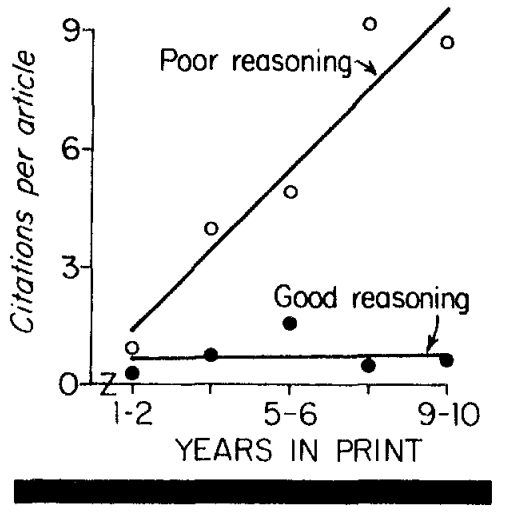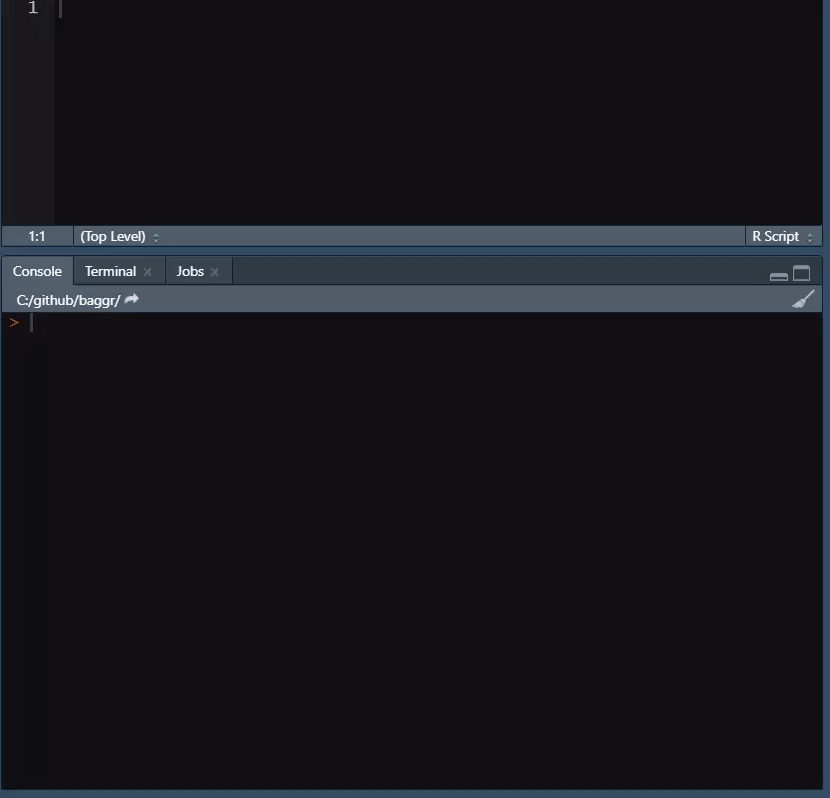Best of #econtwitter - Week of December 19, 2021
Dec 20, 2021
Welcome readers old and new to this week’s edition of Best of Econtwitter. Thanks to those sharing suggestions, over email or on Twitter @just_economics.
Paper summary threads

Ravi S. Kudesia@rskudesia
Fascinating look at citations in formative heuristics and biases research. Despite many studies showing good reasoning, the studies that got cited were those showing people to be poor reasoners. This research is ironically biased toward finding bias! (📄: psycnet.apa.org/record/1984-26…)


4:48 PM · Dec 13, 2021
11 Reposts · 43 Likes

Christian Wolf@ChristianKWolf
I recently posted a substantially updated version of my job market paper. Summary 🧵follows.

NBER @nberpubs
Cross-sectional analysis often differences out general equilibrium (GE) effects; a look at when and how time series estimates of fiscal spending multipliers can help us learn about the missing GE part, from @ChristianKWolf https://t.co/ctkNYDumrk https://t.co/481AbPQDKv
7:02 PM · Dec 15, 2021
20 Reposts · 137 Likes

Moritz Schularick@MSchularick
House prices have appreciated more in the national superstars. BUT: lower rent returns offset these price gains. Superstar cities have under-performed the rest of the country by 100 bps annually. We call this the "negative superstar premium."

1:45 PM · Dec 13, 2021
1 Repost · 9 Likes

Elliot Lipnowski@ElliotLip
Forthcoming in @JPolEcon, one of my favorite papers—by {@doronravid, Roesler, Szentes}. It studies a game between a buyer and a seller. Simultaneously, the seller decides on a price to post for a good, and the buyer decides how much information to acquire about the good's value.

8:05 PM · Dec 16, 2021
13 Reposts · 99 Likes

Ethan Mollick@emollick
Top Chinese econ PhDs in the US with last names at the end of the alphabet are 20% more likely than others to return to China rather than land a job in a US econ department. Authors on econ papers are listed in alphabetical order & being listed last lowers perceived contribution!



3:57 AM · Dec 9, 2021
186 Reposts · 850 Likes
More: pessimistic beliefs and carbon tax support; hospital prices vs cost; Brazilian education program eval; TDFs and expected labor force participation; “good jobs”; African American big-city population decline
Job market papers

Lauren Schechter@lrschechter
My JMP "Do Shelters Reduce Domestic Violence?" uses a difference-in-differences design to estimate the effect of opening a new shelter where there wasn't one previously on intimate partner homicide rates, finding a large (albeit noisy) decrease in female IPV homicides.
2/n

10:36 PM · Dec 1, 2021
3 Reposts · 22 Likes
More: dynamic school choice; technology adoption and late industrialization; disagreement aversion; long-run peer effects of disciplinary schools; fintech and monetary policy; microfinance; income taxation of couples
Public goods

Rachael Meager@economeager
Hi everyone! I'm v excited to finally share our R package baggr that makes Bayesian meta-analysis/evidence aggregation easier, joint work with Witold @vientsek . Here's a gif of how it works... and a thread to explain!

4:37 PM · Dec 15, 2021
69 Reposts · 368 Likes

Anton Korinek@akorinek
My Ph.D. level topics course on the #EconomicsofAI is now available for free on @coursera – check it out here youtube.com/watch?v=ubXE0R… if you are a student or economist interested in the topic #EconTwitter 👨🏫 – and sign up at coursera.org/learn/economic…

3:20 AM · Dec 16, 2021
41 Reposts · 194 Likes
Interesting discussions

Jennifer Doleac@jenniferdoleac
I can't remember who suggested this to me but I love the idea: Instead of posting preprints of final published papers on your website, post "preferred versions," which can be whatever version of the draft you like best & want people to read.
8:01 PM · Dec 17, 2021
1 Repost · 101 Likes

Paul Goldsmith-Pinkham@paulgp
Thank you for tolerating such a vague poll question.
Let me explain why I think this is a useful thing to bring front and certain, and highlight what I think is a flaw in how much of econometrics is taught, currently.
1/n

4:07 PM · Dec 14, 2021
100 Reposts · 425 Likes

Ben Golub@ben_golub
Apropos of nothing, every author should have two tokens per year to give to the least thoughtful referees they have had, and these token counts should be visible to editors.
6:05 PM · Dec 15, 2021
5 Reposts · 188 Likes

Erin Hengel@erinhengel
@ben_golub What if the other referees on a paper judged whether a report is thoughtful or not?
8:18 PM · Dec 15, 2021
3 Reposts · 34 Likes

Natalia Emanuel@NataliaHEmanuel
Here is a list of questions I received most often during (first round) interviews, per request. Hope the list helps this year’s JMCs prep
#EconTwitter #EconJobMarket
🧵
7:57 PM · Dec 17, 2021
170 Reposts · 788 Likes

Anthony Lee Zhang@AnthonyLeeZhang
Here's a fun idea in economics that I think is somewhat underdiscussed, about how consumer search can end up being wasteful and socially inefficient
Suppose you're trying to buy a watermelon at the grocery store. Half the melons are nice and juicy, half of them are not
6:33 PM · Dec 14, 2021
107 Reposts · 594 Likes

Jamin Speer@JaminSpeer
I recommend him to all but the top 10.
Blah blah blah
I recommend him to all but the top 10.
-every recommendation letter
9:34 PM · Dec 16, 2021
1 Repost · 74 Likes

Ben Golub@ben_golub
What research in economics is of great interest today, but will be regarded as having little value, currently or historically, in 50 years?
2:16 PM · Dec 18, 2021
31 Reposts · 246 Likes

Arpit Gupta@arpitrage
Treat every tweet as a job tweet
2:49 AM · Dec 14, 2021
3 Reposts · 119 Likes

